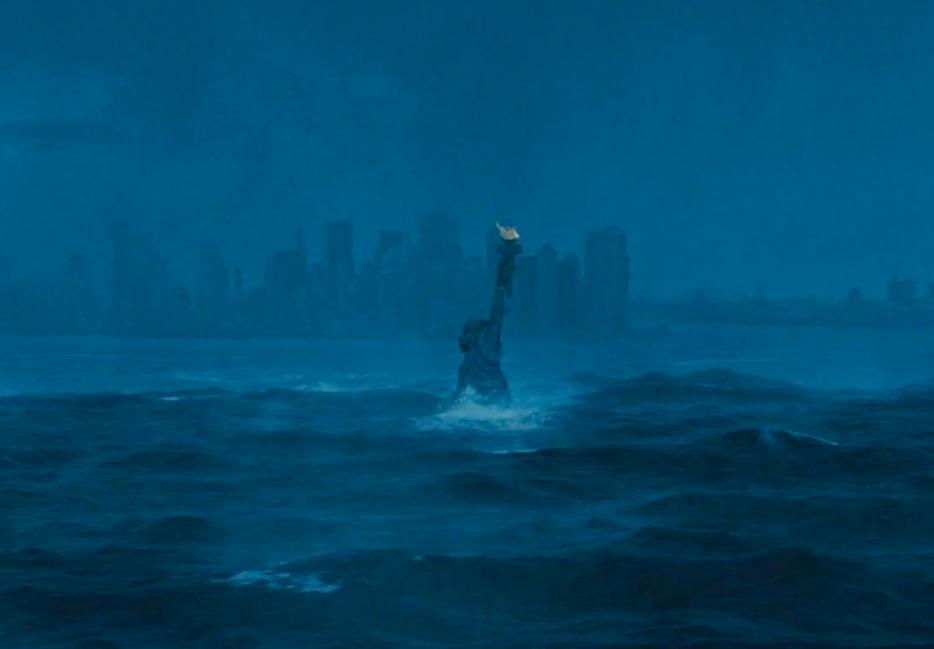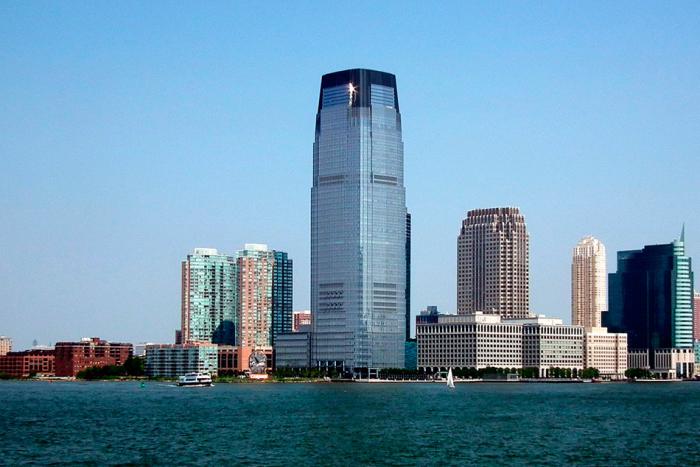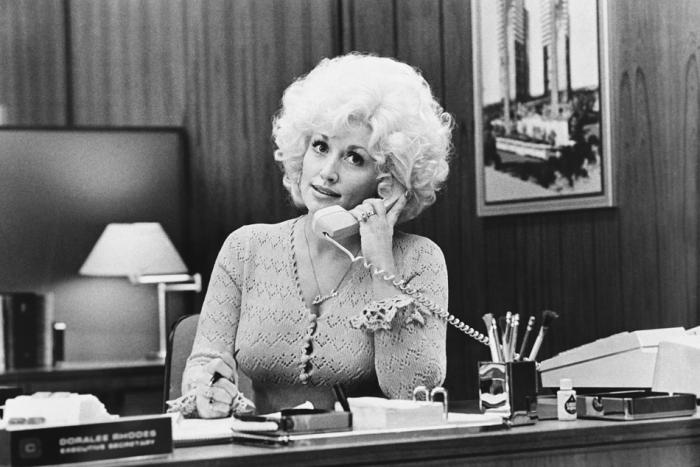According to some, I’m a fool even to sign my name to this article. Because now that I’m telling you about my emergency supply of extra batteries, canned food, bottles of water, and a radio, when disaster strikes one or more of you will be pounding at my door. There will be no police, or you will be the police. You will be armed. You will be mad with thirst.
Survivalists, also known as “preppers,” are the boy scouts of the apocalypse, the ones with bunkers and gold sunk in their backyards. With ideological roots the Cold War era, when nuclear annihilation darkened the edges of everyone’s vision of the future, survivalism used to be mainstream—in the 1950s, the Canadian government was busy building Diefenbunkers where its key personnel could hide out and eat Spam. Since the fall of the USSR, however, media depictions of remaining survivalists tend toward the bearded mountain-man toting an AK-47 and raving about how the government is coming to steal his canned cheese.
But as I sat by my window in Toronto during last Monday’s flash flood, watching the water start to lap dangerously close to my windowsill, the idea of preparedness began to seem like a boat I had missed. After all, the first survivalist, building his seafaring vessel in the desert while bystanders mocked his predictions, was Noah.
Steve Jones’ new book, The Serpent’s Promise: The Bible Retold as Science, devotes a chapter to the story of Noah’s flood, which archeologists have long suspected is based on a real catastrophe. This past December, the explorer Robert Ballard, who discovered the remains of the Titanic, told ABC that the findings of his expedition to the deeps of the Black Sea suggest a flood of biblical proportions about 5000 BC.
Floods already kill more people annually than hurricanes or earthquakes, and in the past decade extreme weather events due to climate change have gained in frequency. Storms that used to happen once in a thousand years may now, climatologists say, happen once in 10 years. If the predicted rise in global temperatures is accurate, London, New York, Bangkok, Shanghai, and Mumbai could be underwater by 2100. In 2004, Dr. Bernard Foing, then the European Space Agency's chief scientist, suggested creating a DNA bank—with samples from every plant and animal, including humans—on the moon. “You could repopulate the Earth afterwards, like a Noah's Ark,” he told the BBC.
Right now, India is reporting some 6,000 dead from June floods near the Nepal border, and in China, 200 or more have died in the past weeks from flooding that began July 6. Jones writes, “For anyone who lives close to the sea or to a great river catastrophe is, in the end, inevitable...The need to guard against the deluge to come is as urgent as it was at the time of Noah. Whether his descendants are willing to make the effort to do so is not certain.”
Part of the problem with preparing for disaster is that it’s hard to know how disastrous a disaster we’re talking. If I survive, should I be expecting to fend for myself for a month? A year? The rest of my (presumably short) life?
Survivalism, as the New York Times reported last year, is once again on the rise. Post-9/11, Americans have taken a new interest in things like solar-powered ovens, home canning, and water purification systems. This January, The Simpsons featured an episode called “Homer Goes to Prep School,” in which Homer Simpson meets a group of survivalists and starts renovating the family’s basement as their apocalypse haven. For newbies looking for survival tips, the site thesurvivalmom.com offers 32 “inconvenient truths” about Teotwawki (The End of the World as We Know It), including:
· Not everyone will survive.
· There’s nothing wrong with preparing for natural disasters, but if you’re not ready for a collapse of the American economy, you’re not ready.
· You’re kidding yourself if you think your hidden caches won’t be found by others, eventually.
· Even the best prepared survivalist Navy Seal can be brought down by an infected ingrown toenail.
· You probably aren’t tough enough for what’s coming.
Most of the rest of Survival Mom’s blog is chatty gardening tips, which makes the whole thing about a thousand times more unsettling.
Noah had more in his Ark than a few cans of beans and some Evian. To be genuinely prepared for disaster, we would have to let ourselves think about disaster. In a way, Teotwawki at least puts our individual deaths in perspective. I don’t want to die, but I’d rather die while there’s still green grass and ice cream and birdsong, while there are still trees and animals and people. Before the world is unrecognizable.
If I don’t make it, the extra batteries are in the milk crate under the chair with a copy of Ulysses on it, next to the yoga mat I never use and the box of construction paper Christmas ornaments. You can have them. The radio in the battery-operated alarm clock/radio I bought unfortunately only works when it’s plugged in, but if you’d like it, you’re welcome to it. I’m afraid I ate the canned salmon I bought pretty much as soon as the lights came back on. If you’re tough enough for what’s coming, I’m also afraid of you.
Every week, Linda Besner reads a new book and writes on a tangentially related topic.






